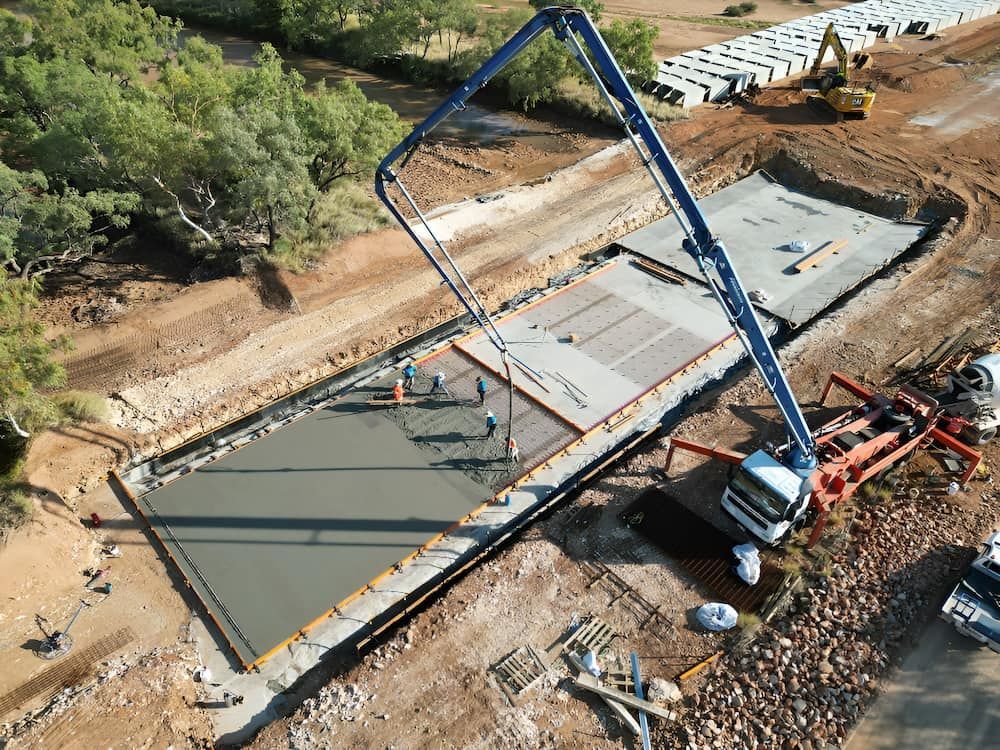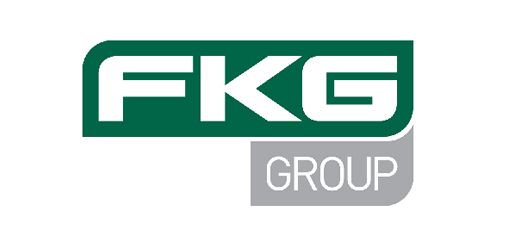The Complete Guide to Concrete Contracting
Choose Concrete Contracting for Your Next Project

Concrete contracting might sound straightforward, but it involves a high level of expertise, precision, and planning. Whether you’re planning a commercial project, adding a new driveway, or installing industrial flooring, a solid foundation is essential to your project’s success. Concrete work is far more complex than pouring and curing – the process encompasses careful preparation, exact measurements, high-quality materials, and skilled craftsmanship. In this guide, we’ll walk through the essential aspects of concrete contracting and highlight why investing in quality concrete work can make all the difference.
Understanding the Role of a Concrete Contractor
A concrete contractor is responsible for more than just laying concrete. They oversee the entire process, from initial planning and design to execution and finishing. This responsibility requires in-depth knowledge of material properties, environmental factors, and construction techniques. A professional concrete contractor doesn’t just pour slabs; they help create a solid foundation that will support the structure or surface for years to come. Their tasks often include:
- Planning: Developing the project layout and calculating dimensions and depth.
- Ground Preparation: Excavating and levelling the ground for stability.
- Formwork Setup: Shaping the concrete and reinforcing structural integrity.
- Concrete Mixing: Ensuring the proper blend of materials for strength.
- Pouring & Curing: Achieving a smooth, even finish with precise techniques.
Each of these steps requires careful attention to detail. Small mistakes can lead to cracks, uneven surfaces, or even foundational issues, which can be costly to fix later. Choosing a qualified contractor ensures the job is done correctly the first time, providing peace of mind and a long-lasting outcome.
The Importance of Site Preparation in Concrete Work
One of the most overlooked but crucial steps in concrete contracting is site preparation. Proper preparation ensures that the concrete will have a stable, durable foundation, which prevents problems like shifting, cracking, and erosion down the line. Site preparation involves clearing debris, levelling the ground, and compacting the soil to create a smooth, even base.
In some cases, contractors may need to install a base layer of gravel or sand for added stability, especially for larger projects like driveways or commercial slabs. This base layer helps the concrete distribute loads evenly, improving the structural integrity of the finished product. By investing in thorough site preparation, contractors can avoid costly repairs and ensure the concrete will remain structurally sound under various environmental conditions.
Choosing the Right Concrete Mix
Concrete is not a one-size-fits-all material; it comes in various mixes and strengths suited for different applications. For instance, outdoor surfaces like driveways and sidewalks require a high-strength mix that can withstand heavy loads and exposure to the elements. In contrast, interior flooring may use a more flexible mix to allow for a smooth, polished finish.
Concrete mixes are made by blending cement, sand, gravel, and water in varying proportions. The choice of ingredients and their ratios determine the concrete’s compressive strength, which affects its durability and resistance to wear. Experienced contractors will assess the specific needs of the project and select the right mix to ensure longevity and performance.
In addition, contractors may use admixtures – chemical additives mixed into the concrete – to alter its properties. Admixtures can speed up curing times, improve workability, enhance freeze-thaw resistance, and even provide a self-levelling effect. Selecting the right concrete mix and additives is essential for achieving optimal results tailored to each project’s unique requirements.
The Finishing Process: A Vital Step in Concrete Contracting
Finishing is the final step in concrete contracting, and it can greatly impact both the appearance and durability of the concrete. Finishing techniques range from simple troweling to create a smooth surface, to decorative stamping and staining for an aesthetic touch. These techniques aren’t merely decorative; they also enhance the concrete’s resistance to wear, water, and temperature changes.
For example, broom finishes are popular for outdoor surfaces because they provide added traction and slip resistance, essential for walkways and driveways. Polished finishes are preferred for interior surfaces like commercial floors, where they create a sleek, reflective look that’s easy to clean. Finishing involves timing, skill, and knowledge of concrete behaviour, making it a task best left to experienced contractors.
Why Professional Concrete Contracting Matters
Investing in professional concrete contracting is about ensuring quality, durability, and safety. Skilled contractors understand the intricacies of working with concrete, from environmental impacts to choosing the right mix for each application. Poorly done concrete work can lead to costly repairs or even safety hazards down the line. Quality concrete work, on the other hand, provides a lasting foundation that can support various uses, withstand weather conditions, and maintain aesthetic appeal.
Concrete contracting may seem like a simple job, but the expertise and detailed knowledge required make it a specialised field. In areas like
Emerald and its surrounds, Lohman Contracting is known for providing reliable, high-quality concrete contracting services that clients can count on. For expert advice and service,
contact Lohman Contracting to discuss your next project.












